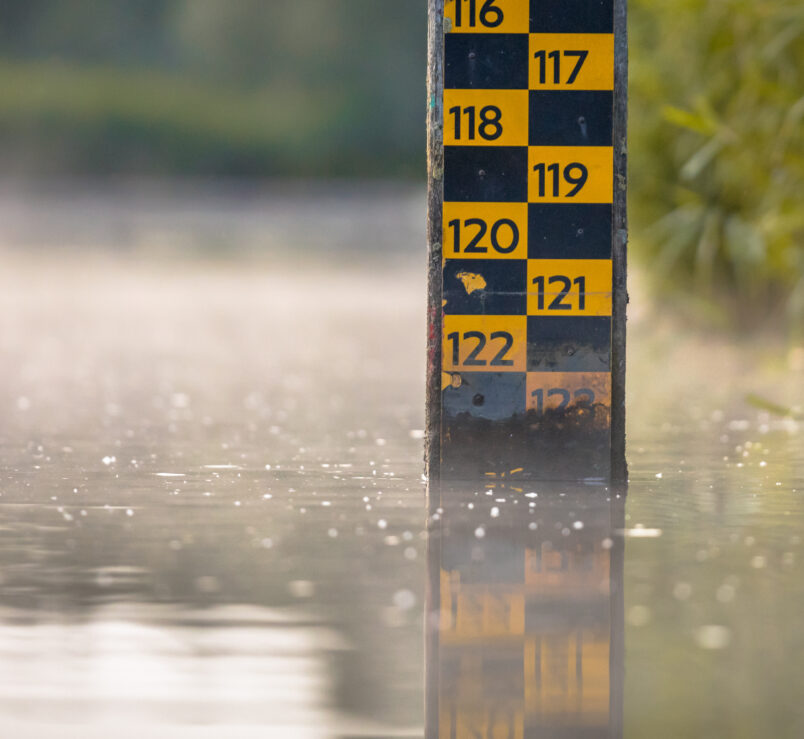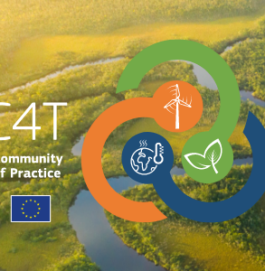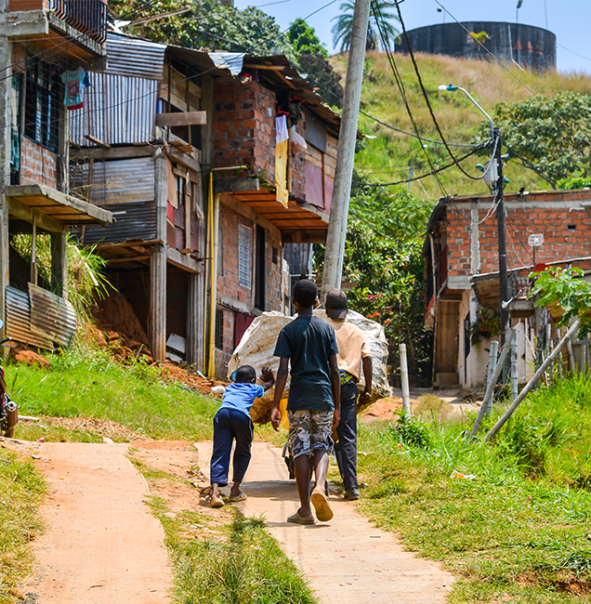Shipping effects in Delta Programme Freshwater – Delta scenarios update
Although the Netherlands has plenty of (fresh) water, freshwater is a scarce resource. To supply all users – even when less freshwater is temporarily available – intensive policy is pursued. One of the pillars of this policy is the Delta Programme Freshwater (DPZW). Based on future predictions (in the form of delta scenarios’), it examines how the use of freshwater can be optimised. Ecorys has calculated the impact on inland navigation for several delta scenarios. This especially looked at the impact on the sector if less water is available.
Background
Within the DPZW, the potential damage costs for different users of freshwater in case of reduced availability are being mapped out on the one hand. On the other hand, measures are being taken to make the Netherlands resilient to freshwater shortages. With regard to inland shipping, freshwater shortages mean that sometimes detours have to be made, or cargo cannot be transported. As a result, alternatives will have to be sought, such as transport by road or rail. These options are likely to be more expensive than transport by ship and, as a result, economic damage will occur. Also, a shift to road or rail may lead to an increase in emissions. The study also quantified these effects.
Ecorys has developed the Shipping Impact Module, which estimates these impacts. Specifically, the Shipping Impact Module looks at:
- Five delta scenarios of climate and socio-economic changes
- The impact on goods flows
- Quantifying the economic damage
- Determining emission effects.
Key findings
With limited climate change and socio-economic growth, annual costs are over €100 million. At high climate change and socioeconomic growth, costs rise to over €150 million annually in 2050 and over €600 million in 2100. Other scenarios lie between these two extremes in terms of costs.
Variable boating costs are the largest cost in all scenarios. This is mainly due to shovelers sailing more frequently (with a lower load factor). This takes into account a decrease in demand for freight due to the increase in sailing costs.
Greenhouse gas emissions will also increase. This is largely due to more frequent sailing (with a lower load factor), detours and longer waiting times at locks. Part of the emissions will also come from a modal shift to road and rail. Road transport in particular is more polluting than inland navigation. Expressed in monetary terms, the total additional emissions cost society between € 40 and € 190 million. This makes them the second largest cost item after variable shipping costs.
Want to know more? Then read our full report (in Dutch) here.

3 July 2025
2 minute read
Sectors
Key Experts
Jeroen Bozuwa
Senior Consultant



